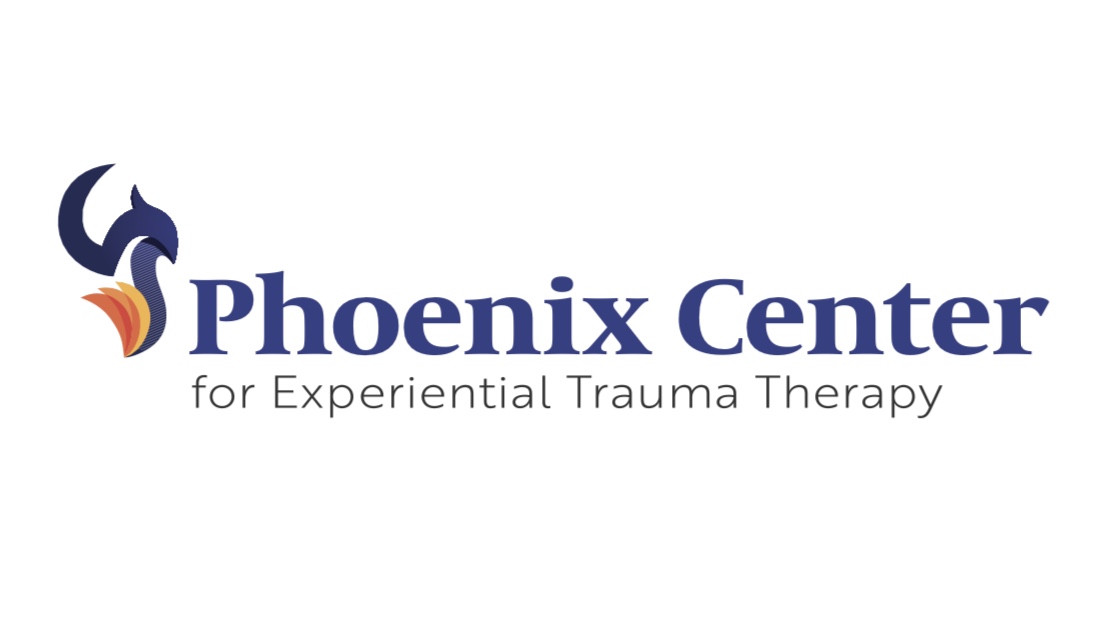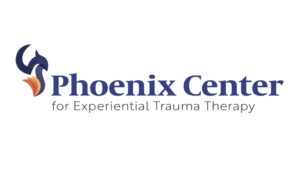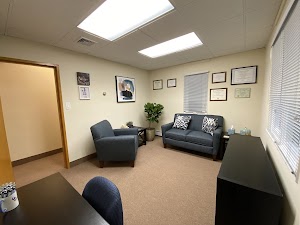
- This event has passed.
Trauma-Focused Psychodrama: Working with Defenses, PTSD, and CPTSD
November 10, 2023 @ 8:30 am - November 12, 2023 @ 4:00 pm

Trauma-Focused Psychodrama: Working with Defenses, PTSD, and CPTSD
Nov 10th & Nov 11th 8:30am – 5:30pm; Sunday Nov 12th, 2023 8:30am – 4:00pm
Full Weekend Option: 21 CE Hours for APA, NBCC, and PA social workers, counselors, MFTs, & psychologists | 21 training hours for ABESPGP & ISEP.
Cost: $599 | $425 students (*write to us if cost is your only barrier)
Friday Only Option (7 CEs) – Cost: $199 | $140 students
Phoenix Center – 524 N. Providence Road Media, PA 19063
Presented by: Dr. Scott Giacomucci, DSW, LCSW, BCD, CGP, FAAETS, TEP
This workshop presents an overview of trauma-focused psychodrama and an immersion into to power and effectiveness of psychodrama in general and as a treatment for trauma, PTSD, and CPTSD. Content will be taught experientially including demonstrations, sociometric warm-ups, and psychodrama vignettes followed by processing to help participants reflect on implementing these experiential tools in their own work. The basics of safe and effective trauma-focused psychodrama will be presented including content on safety, strengths-based work, neurobiology, trauma-informed principles, and working with defenses. This workshop is designed to teach practical skills for practitioners new to psychodrama or for experienced psychodrama trainees to deepen their practice. Trauma-focused psychodrama research continues to emerge suggesting its effectiveness in treating PTSD and offering clients corrective emotional experiences. Spontaneity will be emphasized as the curative agent in psychodrama along with a conceptualization of posttraumatic stress through the lens of spontaneity theory. Psychodrama theoretical concepts such as tele, the sociodynamic effect, warming-up, creativity, sociometry, the three phases of a group, and Moreno’s philosophy will be presented. Multiple psychodrama interventions and experiential sociometry processes (such as doubling, mirroring, role reversal, role playing, sociodrama, and concretization) will be discussed. Cultural humility and responsiveness will be emphasized in the context of psychodrama practice with diverse populations in clinical contexts.
Learning Objectives:
1). Demonstrate three sociometric group processes
2). Explain three strategies for promoting safety in psychodrama
3). Identify the role of spontaneity in psychodrama
4). Identify the importance of strengths-based approach in trauma-focused psychodrama
5). Explain how the warming-up process is different in trauma-focused psychodrama groups
6). Describe the risks of retraumatization in psychodrama practice with trauma survivors
7) Compare tele and transference
8) Describe the difference between PTSD and CPTSD
9) Identify the importance of working with defense mechanisms in trauma therapy
10) Discuss two neurobiology findings that highlight the importance of body-oriented approaches
11) Describe why a biopsychosocial-spiritual approach to trauma recovery is important
12) Describe three symptoms of CPTSD
13) Identify psychodrama’s capacity for corrective emotional experiences
14) List the three phases of a psychodrama group
15) Identify the relationship between spontaneity and PTSD
16) Demonstrate two somatic interventions in psychodrama to work with body sensations
17) Explain the importance of cultural humility when working with clients of different cultural background
18) Describe the sociodynamic effect and its role in inequity and social injustice
By purchasing tickets and registering for this event, you confirm that you agree with the Phoenix Center’s Informed Consent for Experiential Therapy Training.
Please follow the following steps to pay and register for this workshop:
Step 1: Pay for event using Paypal.
Step 2: Fill out registration form – YOU MUST USE THE SAME EMAIL YOU USE FOR PAYPAL WHEN YOU FILL OUT THE EVENT REGISTRATION FORM.
Step 3: You will hear from us with a confirmation email (same you used for PayPal and registration) indicating your registration and information about the event in a few days. All materials will be directed to the same email address including your certificate.
PURCHASE YOUR TICKET BELOW AND FILL OUT OUR REGISTRATION FORM HERE!
Full Weekend Registration
Friday Registration Only
*Please note that this is workshop will include both didactic and experiential learning components. The experiential learning structures include demonstrations of psychodrama and other experiential processes which often include (optional) personal disclosures from participants. While personal growth is often a byproduct of experiential learning in psychodrama, the primary purpose of this workshop is training. If you are seeking a workshop for personal growth, or seeking a professional training event that is entirely didactic (lecture/powerpoint), this is probably not the best workshop for you.
For folks traveling from out of town, there is a new beautiful bed and breakfast just 1 block from the Phoenix Center that we recommend. It is within walking distance of downtown Media and plenty of shops/restaurants – https://www.gifford-risleyhouse.com. Mention Phoenix Center for a reduced rate.
No Conflicts of Interest or outside commercial support have been declared by the presenter or others involved in the program.
This workshop is designed primarily for psychologists, social workers, counselors, and therapists but other professionals may also find it helpful. The instruction designed at the intermediate level (though many new and advanced professionals may also find it helpful).
For the workshop schedule or other details or questions about the workshop, please contact us at [email protected].
Continuing Education (CE) Approval Statements relevant to this workshop:
- Phoenix Center for Experiential Trauma Therapy,LLC is approved by the American Psychological Association to sponsor continuing education for psychologists. Phoenix Center for Experiential Trauma Therapy, LLC maintains responsibility for the program
- Phoenix Center for Experiential Trauma Therapy, LLC (Lic. #004115) has been approved as a pre-approved provider of professional continuing education for social workers (Section 47.36), Marriage and Family Therapist (Section 48.36) and Professional Counselors (Section 49.36) by the PA State Board of Social Workers, Marriage & Family Therapists and Professional Counselors.
- Phoenix Center for Experiential Trauma Therapy is approved by the Pennsylvania State Board of Psychologists (Lic. # PSY000215) to offer continuing education for psychologists.
- Phoenix Center for Experiential Trauma Therapy, LLC has been approved by NBCC as an Approved Continuing Education Provider, ACEP No. 7013. Phoenix Center for Experiential Trauma Therapy, LLC maintains responsibility for the program.
© 2025 Phoenix Center for Experiential Trauma Therapy
Theme by Anders Noren — Up ↑


